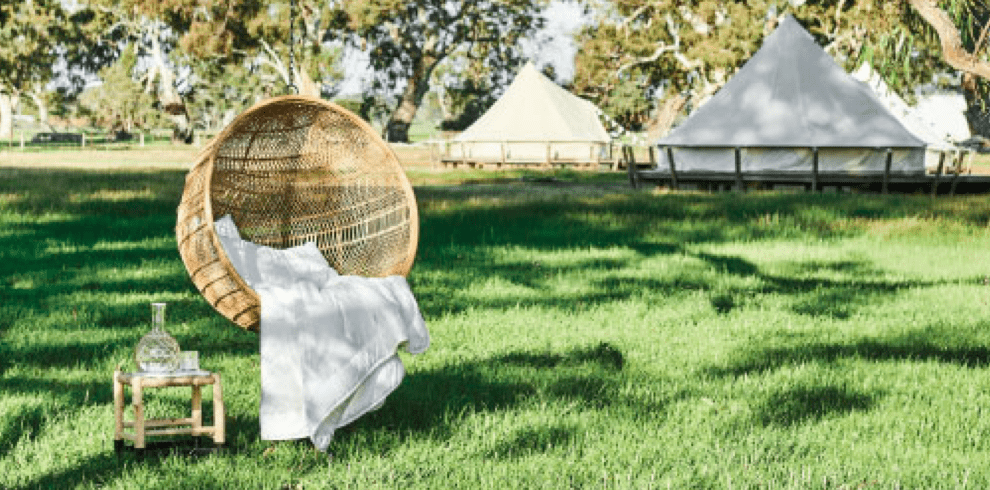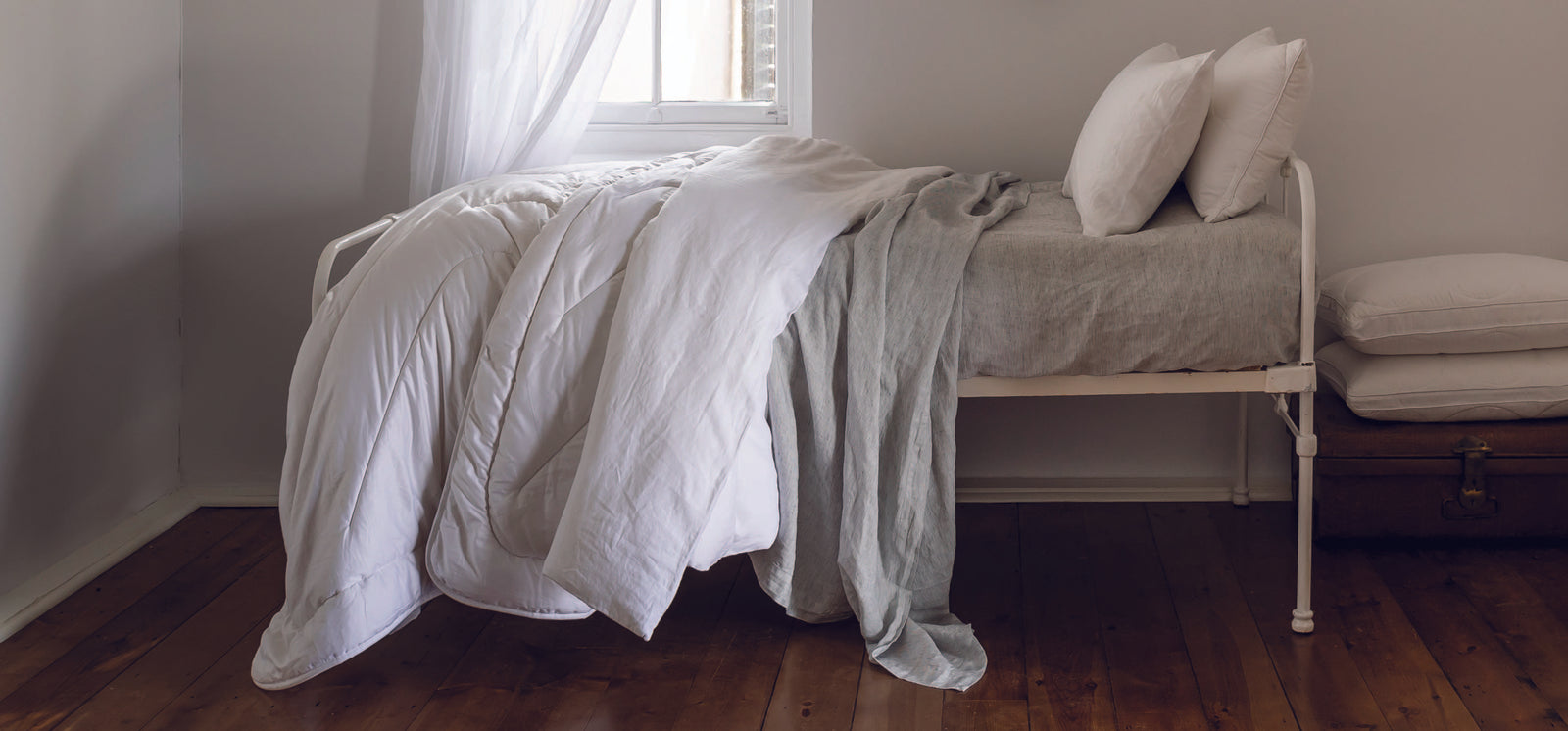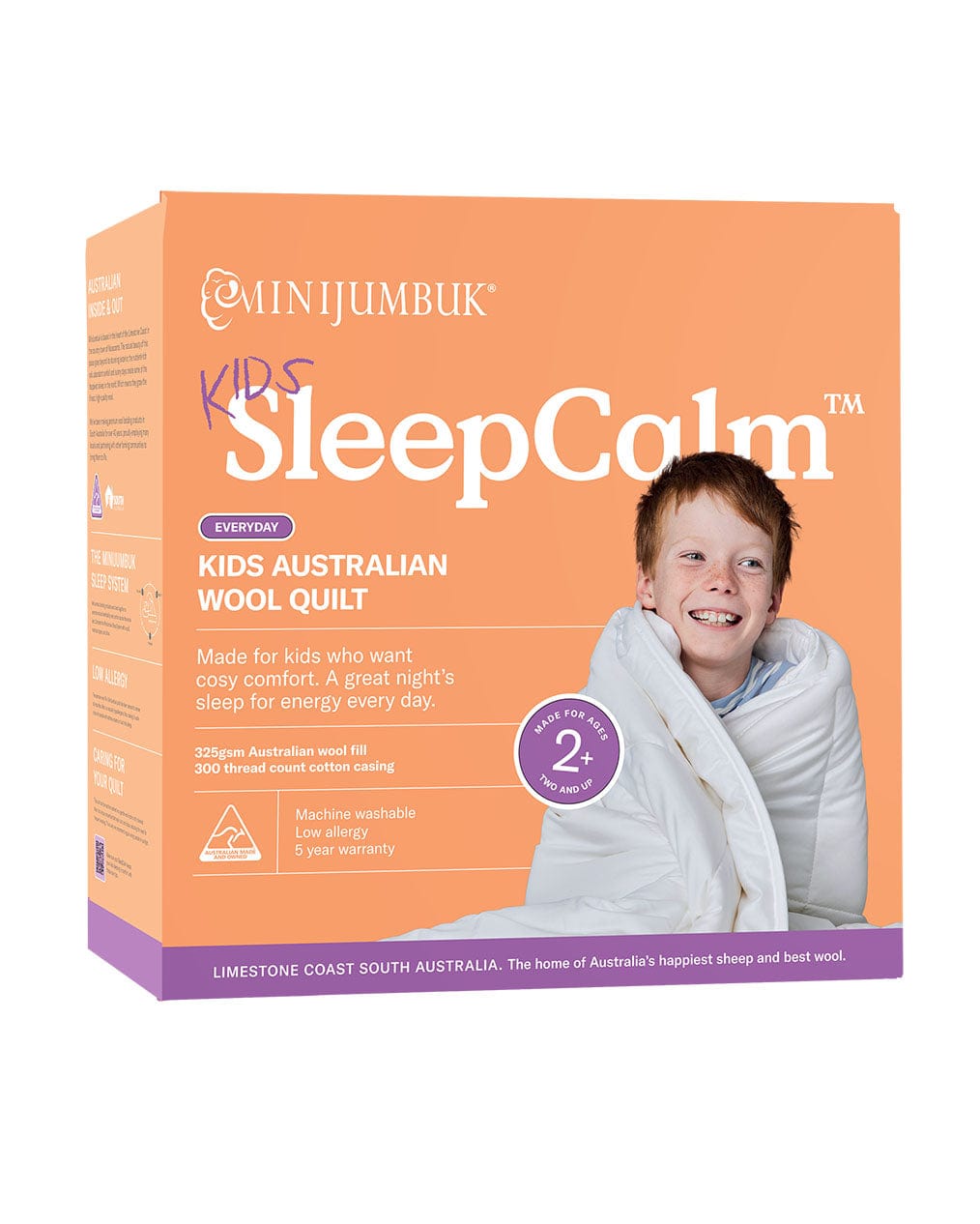While the start of spring offers us welcome sunshine after the dreariness of winter, allergy sufferers can be excused for being slightly less excited. Many allergies occur year round, but the pollen rise associated with spring also brings an increase in sneezing, itchy or runny nose and watery eyes for hay fever sufferers.
What are allergies?
According to the Australasian Society of Clinical Immunology and Allergy, ‘allergy occurs when a person reacts to substances in the environment that are harmless to most people. These substances are known as allergens and are found in dust mites, pets, pollen, insects, ticks, moulds, foods and some medications.’
Do allergies affect your sleep?
Yes! Allergy sufferers often experience interrupted, poor quality sleep. Like a cold, the nasal congestion caused by allergic reaction, increases at night and can affect breathing ability. It becomes more difficult to fall asleep, and the associated bouts of coughing or sneezing, and the struggle to breathe, mean sleep is frequently disrupted.
How can I sleep better with allergies?
To minimise the effect of allergies as you sleep some of the following maybe useful.
- Keep allergens out of your home and particularly your bedroom. Where possible keep your doors and windows closed, and pets outside or in another room overnight.
- Ensure your home is clean and as dust free as possible. Regular cleaning will minimise dust borne allergens and reduce the likelihood of dust mite colonisation.
- When the pollen count is high, avoid drying your sheets and clothing outside. Using a dryer or airer will help to minimise the level of allergens inside.
- Shower before bed to wash away any pollen. You may also like to use a nasal rinse or saline spray to flush irritants from your sinuses and nasal passages.
- Raise your head to sleep. Choosing a pillow that keeps your head as high as is comfortable will help to drain your sinus and relieve congestion.
- Use low allergy bedding products. Wool is naturally hypoallergenic and offers an unhospitable environment for dust mites, making it a great choice for your bed.
- Consider investing in an air purifier or humidifier. A purifier helps to remove dust and allergens from the air while a humidifier prevents your nasal passages from drying out. As a bonus, you can add your favourite essential oil for relaxation.
- Talk to your health professional about your medication schedule. Particularly for ‘once a day‘ medications, it may be helpful to take it before bed.
Source: sleepfoundation.org













































